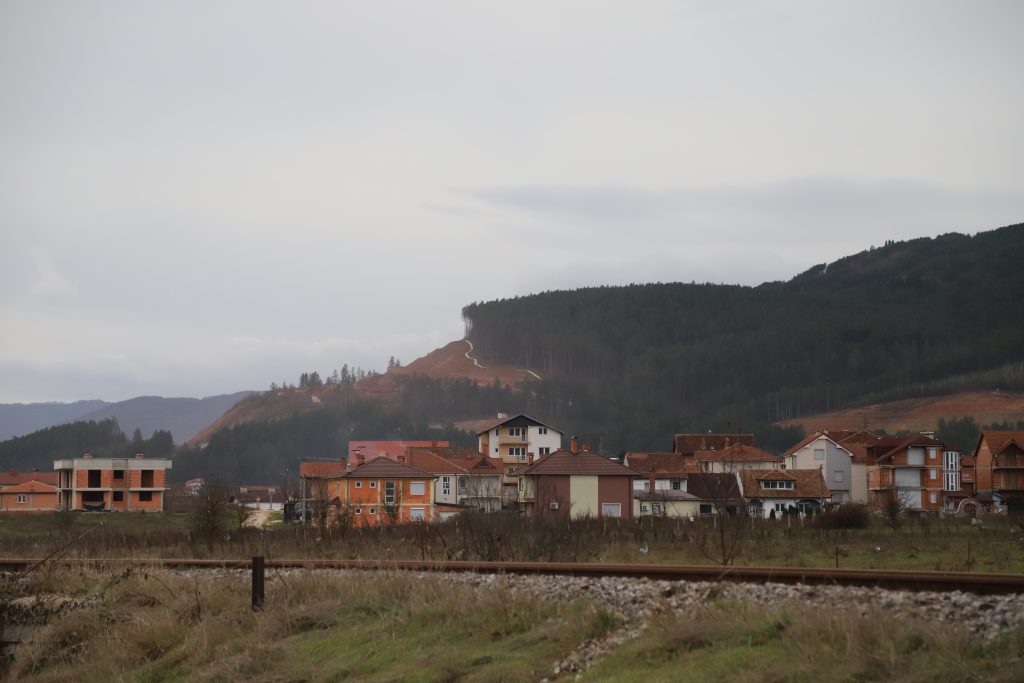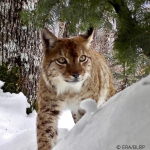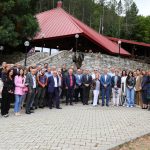 As stewards of nature, our interconnectedness with biodiversity is undeniable. It pains us that human actions often disrupt this delicate balance. Committed to the Bonn Challenge, we pledge to revive our ailing forests. Yet, can we not aspire to restore our woodlands with an even greater environmental conscience?
As stewards of nature, our interconnectedness with biodiversity is undeniable. It pains us that human actions often disrupt this delicate balance. Committed to the Bonn Challenge, we pledge to revive our ailing forests. Yet, can we not aspire to restore our woodlands with an even greater environmental conscience?
The team of experts implementing the ROAM assessment and designing interventions for the restoration of forest landscapes in the Bukovik area is working on conducting the ROAM assessment for the area of interest, identifying suitable options for forest landscape restoration, and prioritizing locations for interventions, giving priority to those of particular importance for preserving the Balkan lynx. The idea is to revitalize and preserve important forest habitats in key areas for biodiversity outside protected areas. For this purpose, the ROAM method – Restoration Opportunities Assessment Methodology, in this case for forests, is used.
The ROAM methodology, developed by IUCN and WRI, is a framework created for countries to assess opportunities for forest and landscape restoration and to identify specific priority areas at the national or local level. Assessment through ROAM can be carried out by a small team through collaboration with stakeholders and can deliver the following products:
– Identified priority areas for restoration
– A shortlist of the most relevant and feasible restoration intervention types across the assessment area
– Quantified costs and benefits of each intervention type
– Estimated values of additional carbon sequestered by these intervention types
– Analysis of the finance and investment options for restoration in the assessment area
– A diagnostic of ‘restoration readiness’ and strategies for addressing major policy and institutional bottlenecks
Through these activities, contributions will be made to climate change mitigation, as forest restoration contributes to reducing carbon dioxide in the air.
These forests are known to be home to numerous wildlife species, including the Balkan lynx, listed on the Red List of endangered species, enhancing their chances of survival and reproduction, thus maintaining the planet’s biodiversity.
In all these activities, engaging the residents of nearby local communities is paramount, as they play a pivotal role in the collaborative effort.
These activities are part of the Northern Forests Initiative: “Forest Restoration in Albania and North Macedonia” – a project implemented in collaboration with IUCN Eastern Europe and Central Asia, the Macedonian Ecological Society (MES), and Protection and Preservation of Natural Environment in Albania. The project is funded by the Swedish Postcode Foundation.



